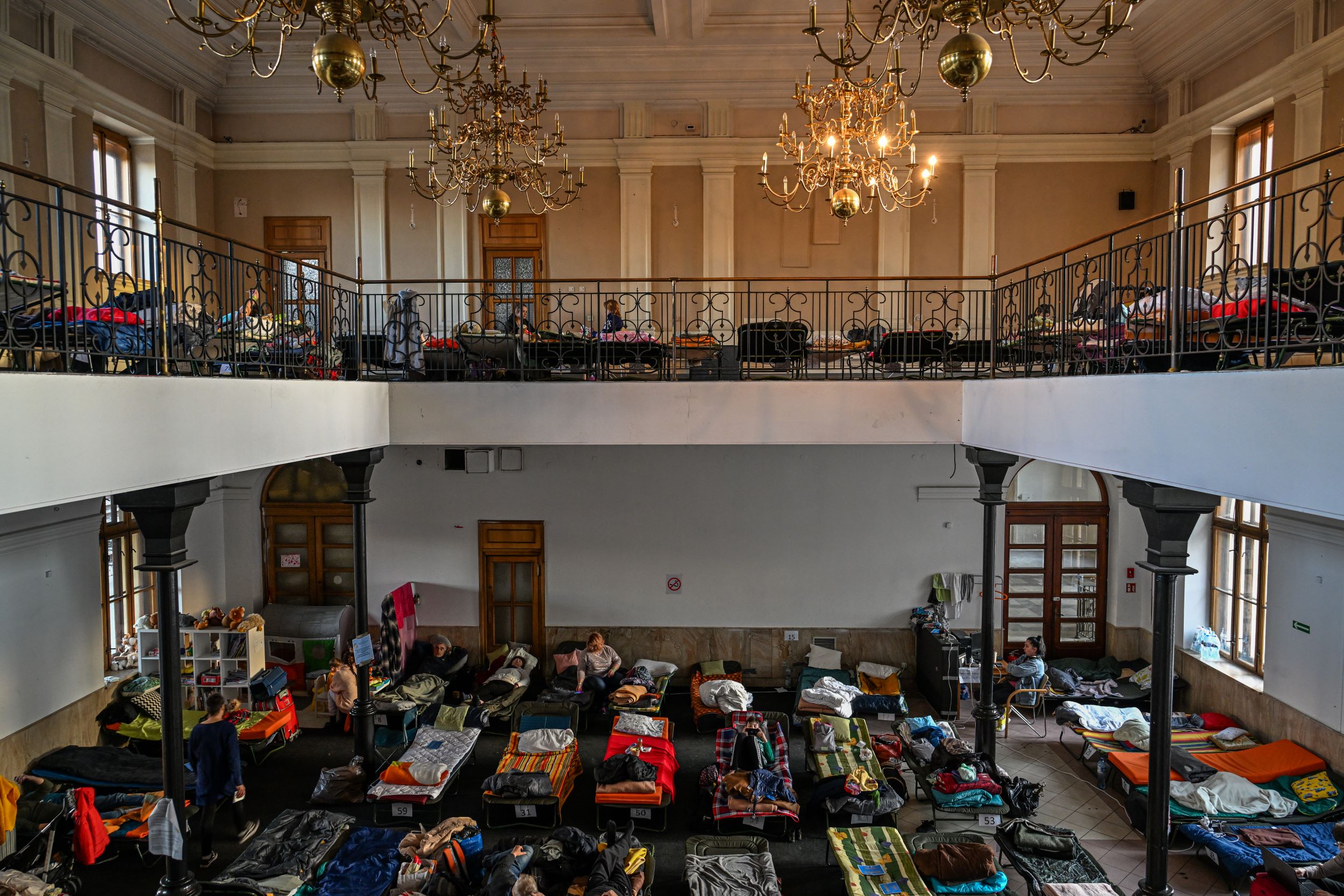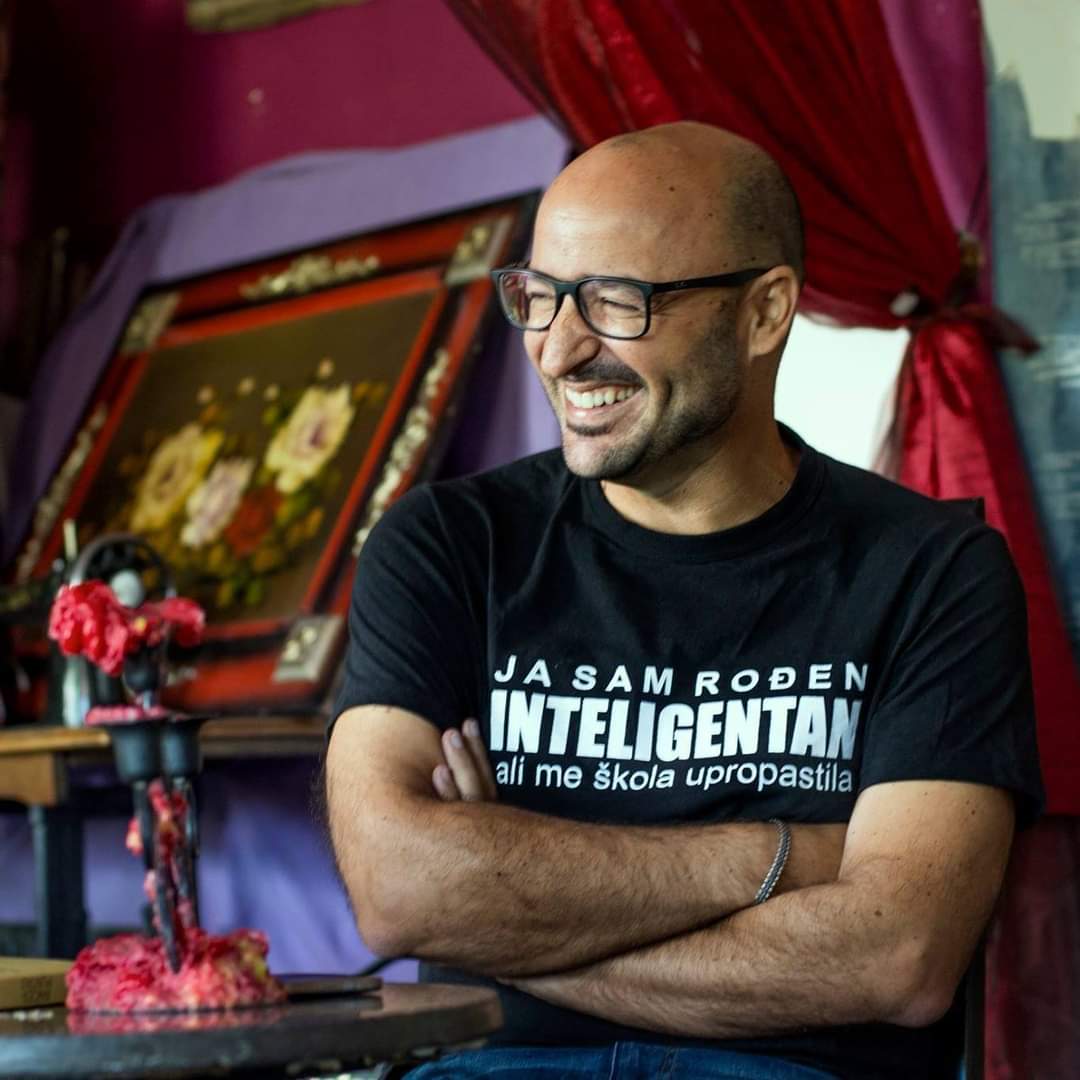We must not lump all migrants and asylum seekers together when we report about refugees - ignoring nuance doesn’t solve problems
The international media have been full of congratulations for those European countries which have proved their ability to absorb 4 million people displaced by war in Ukraine - in just two months. This is double the number of people who have reached Europe from further afield in one whole year. Not even the far right - with its monotonic discourse about “economic migrants” and “are they really refugees?”, always antagonistic - has raised any objection.
What is striking is that many of these media outlets are the same ones which, in the past few years, have been trotting out the same old excuse for why we should be turning asylum seekers away: “There is not enough room for everyone.”
For my friend, Karima, a Spanish citizen descended from Moroccan immigrants, this is the definitive proof of EU hypocrisy: “Racism, pure and simple,” she told me. “The Ukrainians come without any problems because they are blond and white. In contrast, the Maghrebis, the sub-Saharans, dark-skinned people? We are rejected and stigmatised.”
But is it really this simple? The humanitarian angle to coverage of refugees has always been central to media coverage. It has been the main focus of media when it has reported on the daily tragedies of boats sinking off the island of Lampedusa, on the boat landings on the islands of the Aegean Sea, on crossings over the Ceuta and Melilla border fences, and on the plight of Afghans trying to reach Hungary.
Anyone who arrives on the shores of Europe dehydrated, hungry, frozen, sick, injured, raped or traumatised should of course be given due care. But this is the task of the nurses, the NGOs and the social services, not of journalism and the press.
Our mission in such situations is to explain who these people are, where they come from, what brought them here and what they expect from us. A task we have not always managed to do, frequently adding to the confusion when we should be shedding light.
We must also take care not to confuse refugees of war with migrants arriving in countries like Spain and France in search of work. This is a frequent error made by newspapers, radio stations and television channels: lumping all migrants together under headlines about hunger, despair and the flight from war.
This approach does help to move public opinion, but it has also over-simplified the problem to the point of creating a marginal space for all those people: the “ghetto of compassion”.
Notions of solidarity reach our hearts and bring out the best in people, but they do not by themselves contribute to any progress in solving the problem
As a result, journalists and readers alike have become blind to a central issue as far as the subject of migration is concerned: that of the labour market and its need for manpower and for contributions in an ageing Europe. Furthermore, it blinds us to the big economic interests - and whatever type of organised criminal operations may be disguised as such - to take advantage of the border obstacles of the European Union for their own benefit.
By creating this “ghetto of compassion”, a double standard has been established: the Africans and sub-Mediterraneans in general are by default considered refugees by the more liberal-minded media and humanitarian organisations - fugitives from all sorts of calamities - while the Europeans - with the Romanians in the lead - to whom one cannot attribute hunger or persecution, are treated as “necessary” labour. Media organisations expressing contempt and xenophobic prejudices also show double standards, but in a different way.
The best way to integrate into a society is through dignified work - much better than the learning of the language, which is acquired through daily use, or religious assimilation or any other cultural formula.
Therefore, to arbitrate between a Europe which is in need of workers, and a migrant population which seeks jobs above anything else, we do not need emotions, but sensible policies.
Notions of solidarity reach our hearts and bring out the best in people, but they do not by themselves contribute to any progress in solving the problem. Journalism must show “the human face” of the news, but should not lose sight of the context and should demand answers from those who have to provide them.
When Putin decided to deploy his army against Kiev and other strategic cities in Ukraine, I was struck by the fact that all the covers carried photos of people fleeing their homes.
You could hardly see in those photos any tanks or fighter planes - or dead soldiers, who have become the new taboo. The only scenes shown were of farewells at train stations, mothers with their sons, men carrying on their backs all they could salvage from their homes.
These are images similar to those we have seen all these past years in other places, in other border areas. They are images that move us, but they do not help us understand the depth of the issue, its roots and nuances. Posting the yellow and blue flag on our Facebook profile is a nice gesture, but it will probably be of no use to stop the war.
Alejandro Luque is a Spanish journalist
The views expressed in this article are the author’s own and do not necessarily reflect Al Jazeera Journalism Review’s editorial stance


















![Palestinian journalists attempt to connect to the internet using their phones in Rafah on the southern Gaza Strip. [Said Khatib/AFP]](/sites/default/files/ajr/2025/34962UB-highres-1705225575%20Large.jpeg)





















